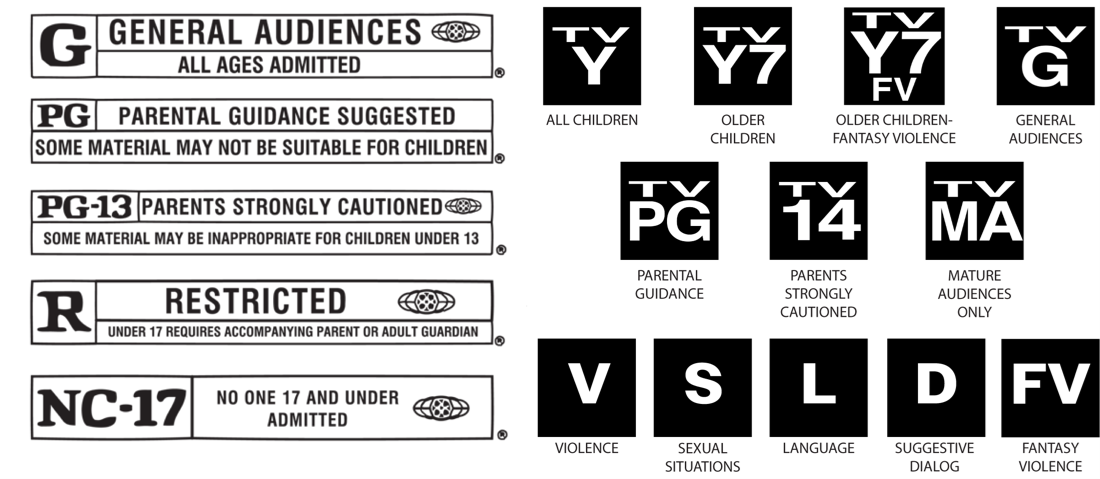The Power of Listening to a Culture
Every culture has stories. Though most tales have a hero and a villain – a beginning, middle and end – the specifics vary widely. What’s heroic in one culture is villainous in another, and what is deemed controversial might be viewed instead as simple pragmatism. In this era of cross-cultural communications, it can be difficult to parse out what parts of each story are culturally unique. When done successfully, the result is hugely rewarding for everyone involved in the process, including writers, producers, distributors, and local regulators (e.g. Boards).
A local regulator’s focus is to help families choose suitable content and protect children from harmful content. When a Ratings Board listens to the public they represent, maturity ratings over time adapt to the public’s evolving cultural values and standards. As an example, New Zealand’s Office of Film and Literature Classification (OFLC) remains in touch with the community it represents. The OFLC issues maturity ratings for everything from television episodes to cans of soda pop, only rarely banning items for their content. When it does, there’s very little negative feedback because the OFLC cultivates trust with the population they represent by listening and responding to public sentiment.
New Zealand’s Chief Censor blogs regularly, with topics ranging from content that most concerns Kiwis to his thoughts on the word ‘censorship.’ The Youth Advisory Board, a group of teenagers who occasionally sit in and provide advice to the OFLC, is even involved in some classification decisions. They provide the viewpoint of a younger generation, ensuring the regulator’s decisions are in-line with the most vulnerable members of its population. Perhaps most importantly, the OFLC regularly conducts research on how the country feels about its ratings system and modifies it when needed.
Important to the success of New Zealand’s efforts has been the Board listening to the people it serves, rather than simply acting in accordance with the letter of the law. And in doing so, the OFLC has earned high trust and good will among its people. When the population believes a rating is correct, they’re far more likely to abide by it. Plus, as New Zealand contemplates new legislation for streaming content, it possesses an enormous amount of data supporting proposed changes and a group of people willing to stand behind its decision – a hero backed by the people.
Distributors share the responsibility of listening to cultural sensitivities. When Netflix released its series “13 Reasons Why” in New Zealand, the OFLC immediately called the series for review. The review resulted in a whole new ratings category for the country, RP18 – meaning the content could not be viewed by those under age 18 without a parent present. The content warning that Netflix initially provided was insufficient, especially when New Zealand’s ratings code is particularly sensitive to suicide and self-harm. Netflix changed the rating to RP18, as well as submitted the second season of “13 Reasons Why” to the OFLC for Board review.
In Singapore, Netflix and other platforms removed content due to rules against glamorization of illegal drugs. As marijuana is illegal in Singapore, several episodes of a cooking show on how to make edibles were removed.
Listening to a local culture serves everyone involved. Local regulators can best represent the interests of the public, and content owners gain wide distribution of their film and television titles.
Both sides end up winning, and the only villains left are just the ones onscreen.
Related Posts


SILICON VALLEY
2336-H Walsh Ave.
Santa Clara, CA 95051
+1(408) 550-2344
LOS ANGELES
3900 W Alameda Ave.
Burbank, CA 91505
+1(310) 496-7307









